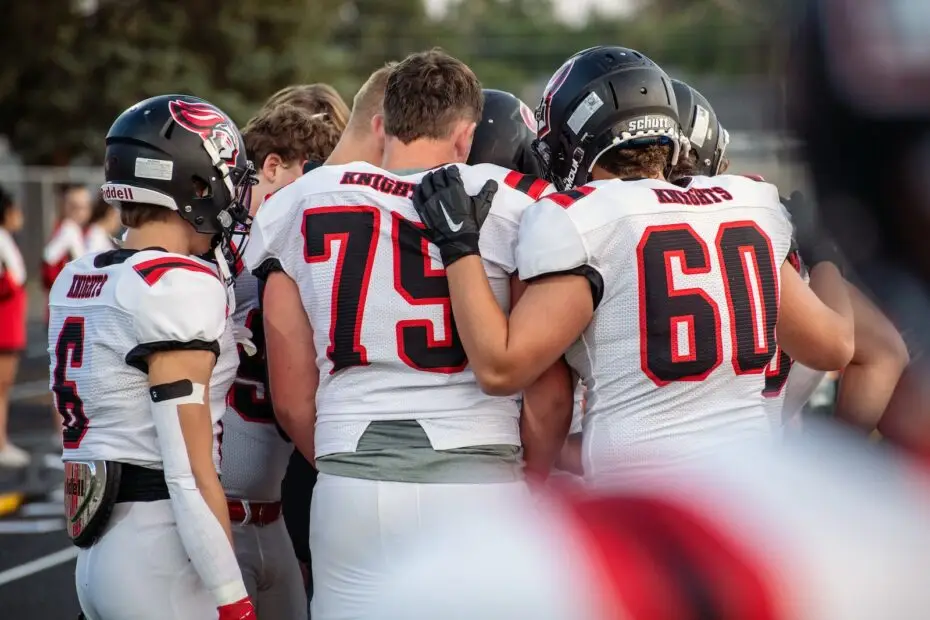June is National Men’s Health month where we encourage all the men in our lives, including any men who maybe reading this blog, to be mindful of taking care of themselves both physically and psychologically. Men find it easier to take care of their bodies when compared to their psychological well-being. They exercise, make efforts to eat right and take supplements to maintain physical health.
Conversely, men find it more difficult to give their emotional needs priority. It seems men often get the short end of the stick when it comes to voicing and processing their feelings. Since birth they have been conditioned to “be brave,” “be strong” and the famous cliché “big boys don’t cry.” Consequently, men have a higher tendency to internalize their emotional pain which leads to physical conditions such as gastro-intestinal problems, headaches, and ulcers. Men have been socially conditioned to “white knuckle” through their emotional experiences and simply “get the job done.” At times, men bypass their internal alarms leading to less than favorable outcomes and more serious physical ailments such as heart disease.
In regard to men’s psychological well-being, men also fall prey to the stereotypical images that suggest mental health concerns are signs of weakness; hence, they rarely openly discuss their pain. According to the Center for Disease Control and Prevention, the completed suicide rate among males in 2021 was approximately four times higher than the rate among females (cdc.gov/suicide/suicide-data-statistics.html). However, did you know that there are famous athletes that have struggled with mental health concerns in silence before being properly diagnosed? For example, former Steeler’s quarterback and Hall of Famer Terry Bradshaw struggled with depression, anxiety and panic attacks for years; wide receiver for the Miami Dolphins Brandon Marshall struggled with poor emotional regulation until diagnosed with Borderline Personality Disorder and treated at McLean Hospital with Dialectic Behavioral Therapy; and Earl Campbell, former football pro and Hall of Famer running back struggled with panic and anxiety. Also, let’s not forget NBA player Keyon Dooling who struggled with Post Traumatic Stress Disorder from years of repressed memories of sexual abuse as a child. Since leaving the NBA, Dooling has become an advocate for sexual abuse victims.
So, if you know of a special man in your life who does not seem to be acting “himself;” I invite you to engage them in a conversation about their struggles and mental wellness. And please don’t let them play down their symptoms! Normalize their experiences, giving them permission to cry, and when needed stand by them when seeking the professional assistance of a licensed clinician. Moreover, I invite you to go a step further by educating your children, regardless of gender, and teach them how expressing their feelings and voicing their needs is a welcomed sign of strength and courage. Let’s re-educate our children, hold honest and supportive conversations about mental health and let’s put to rest the cliché’ “Big Boys Don’t Cry!”

